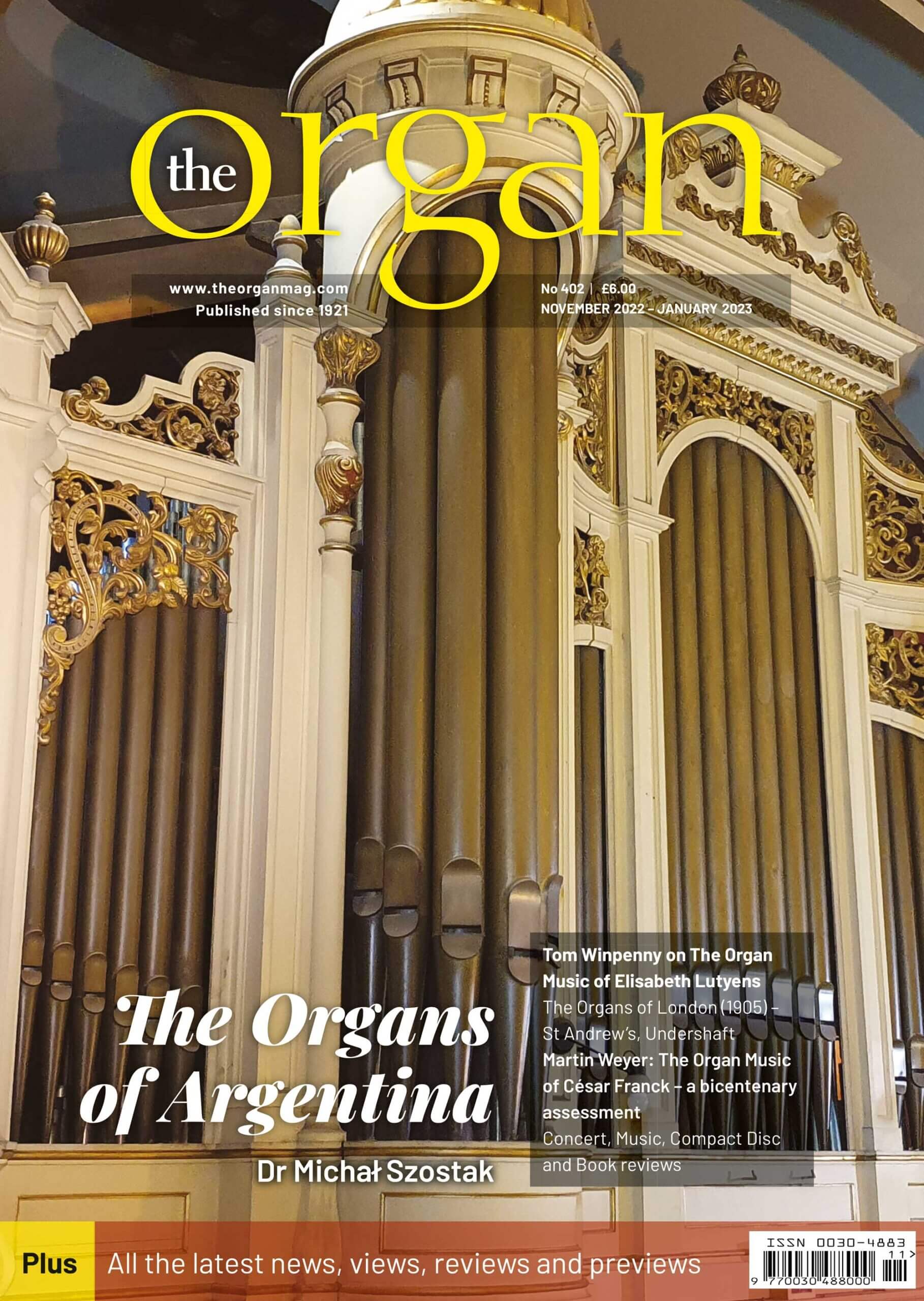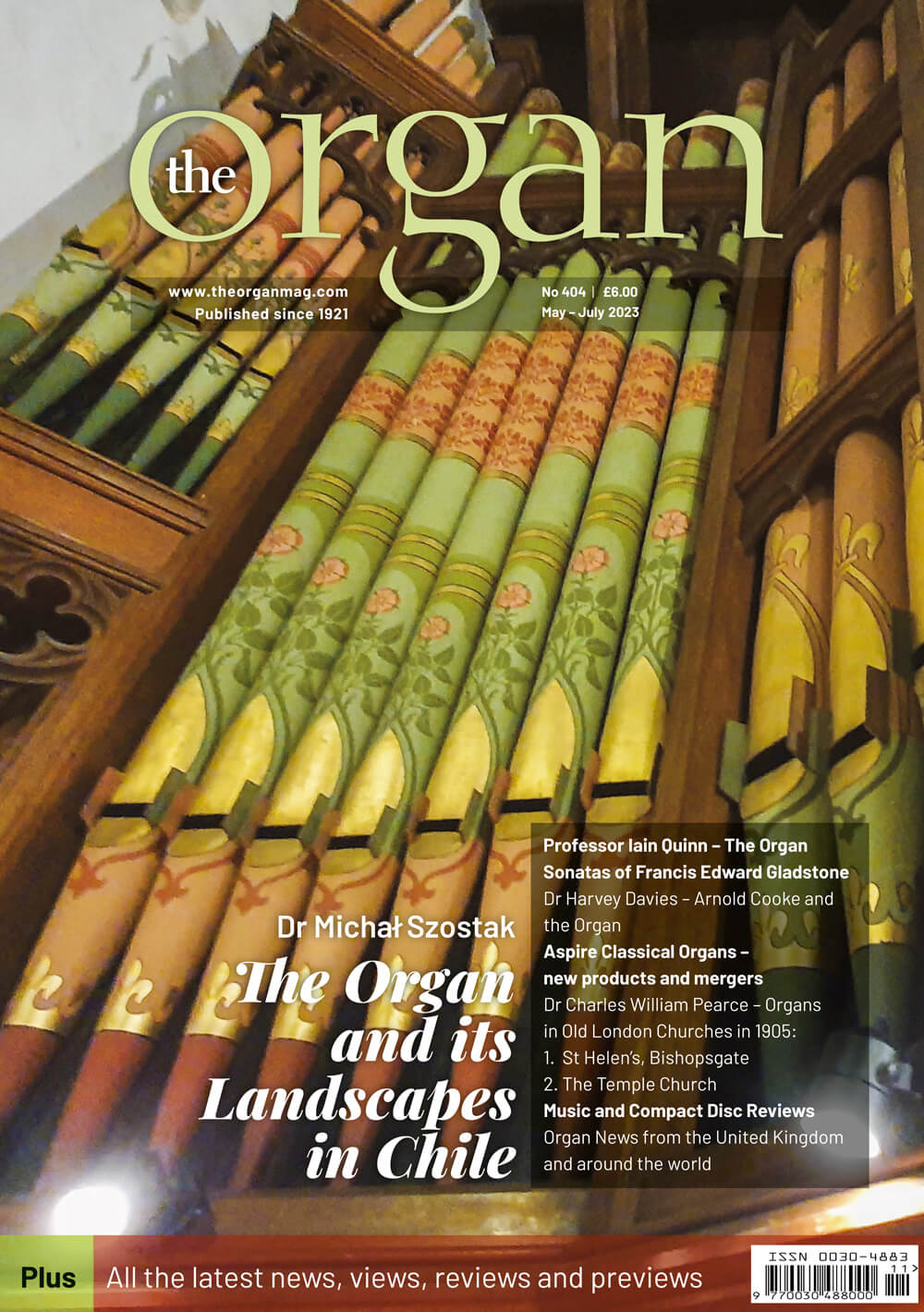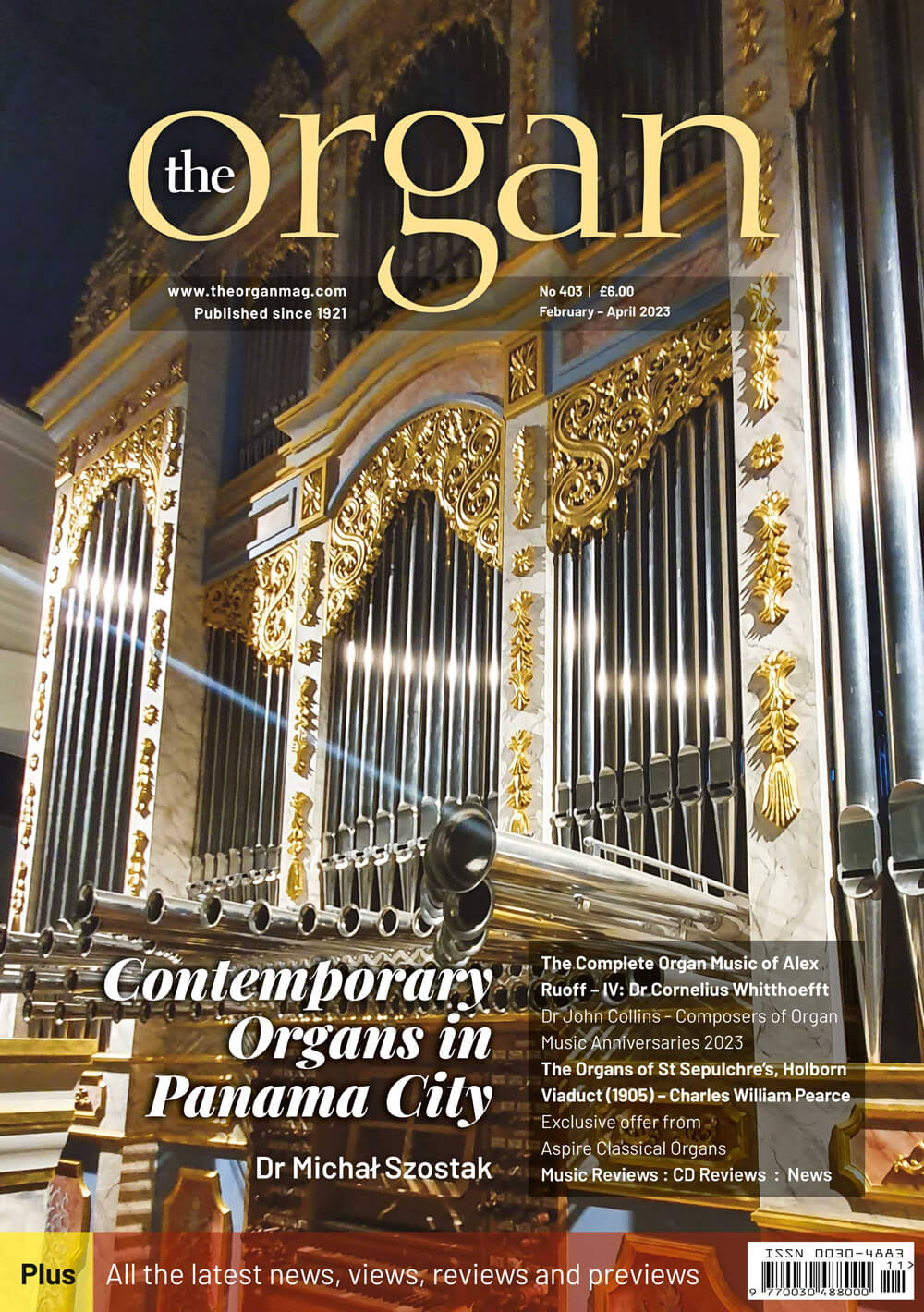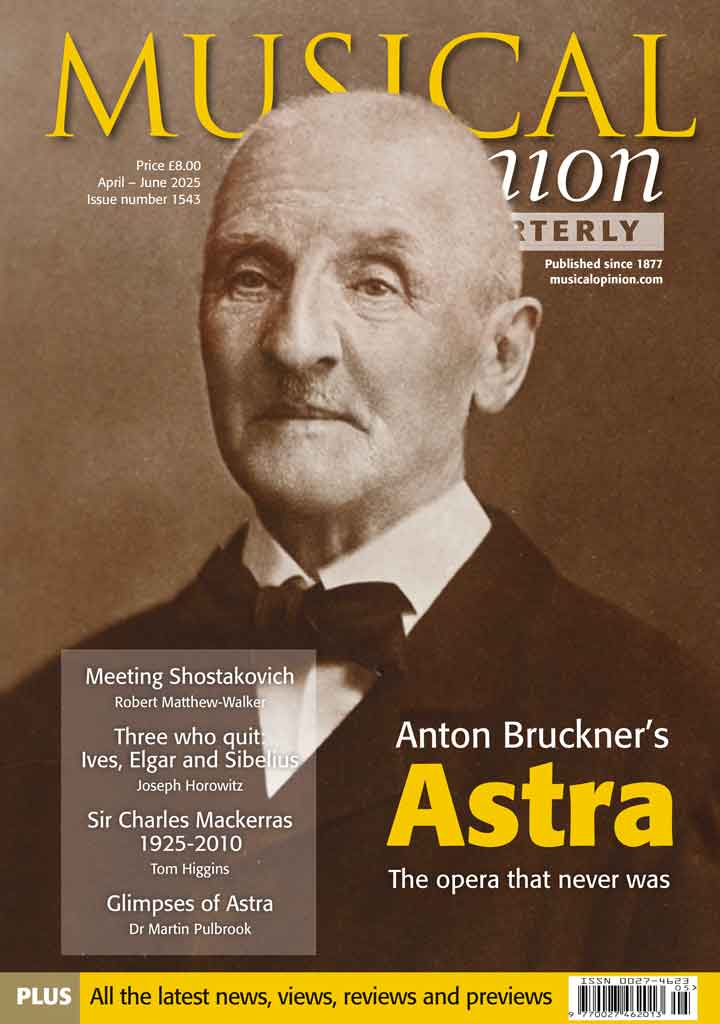

Current Issue
Previous Issues
Spring 2025. Issue 1541
Winter 2024. 1540
Autumn 2024. 1539
Summer 2024. 1539
Spring 2024. 1538
Winter 2023. 1537
Autumn 2023. 1536
Summer 2023. 1535.
Spring 2023. 1534.
Winter 2022. 1533.
Autumn 2022. 1532.
Summer 2022. 531.
Following the dispicable and illegal invasion of Ukraine, the Summer 2022 edition of Musical Opinion carries a large article about Sergei Prokofiev, arguably its most famous composer along with an overview of the Ukrainian classical music scene over the last one...
Spring 2022. 1530.
Winter 2021. 1529.
Autumn 2021. 1528.
Spring 2021. 1526.
Winter 2020. 1525.
Autumn 2020. 1524.
Summer 2020. 1523.
Spring 2020. 1522.
Explore By Topic
Summer 2021. 1527.

Music in Lockdown
Effie Gray
A report on how musicians have coped – and continue to cope – during this unprecedented period.
The 2020 UK Music by Numbers report revealed the key role that music plays in the U.K economy, £5.8 billion, to be precise, with music tourism contributing an additional £4.7 billion. Yet, according to the Musicians’ Union, 34 % of musicians have received no government aid in the current crisis. Since March 2020, Help Musicians (formally the Musicians’ Benevolent Fund) has supported over 18,000 musicians with more than £11m in financial hardship funding. However, many musicians have fallen through the gaps and are unable to survive on what they receive. On behalf of Musical Opinion, I spoke to some of the people who have contributed so magnificently to our economy to find out how the past year has affected them. Since starting this article, I have lost count of the tales of top musicians working in supermarkets, or training to give covid vaccine jabs. The ingenuity of musicians in switching to virtual engagement for everything, from world class concerts to quality music lessons, is staggering. Some musicians didn’t want to speak on the record because of the online vitriol that some newspaper articles on the subject have generated, but all of them were very thankful for the previous felicitous circumstances that had allowed them to earn their living doing something they loved. One common theme among most of the interviewees was a sense of loss, of no longer having a valued place in society and that feeling was compounded by the Government’s lack of support for the sector from education up. Despite all the above, what I found was an inspiring, caring, and creative group of people that it was a privilege to talk to. Here are their stories:
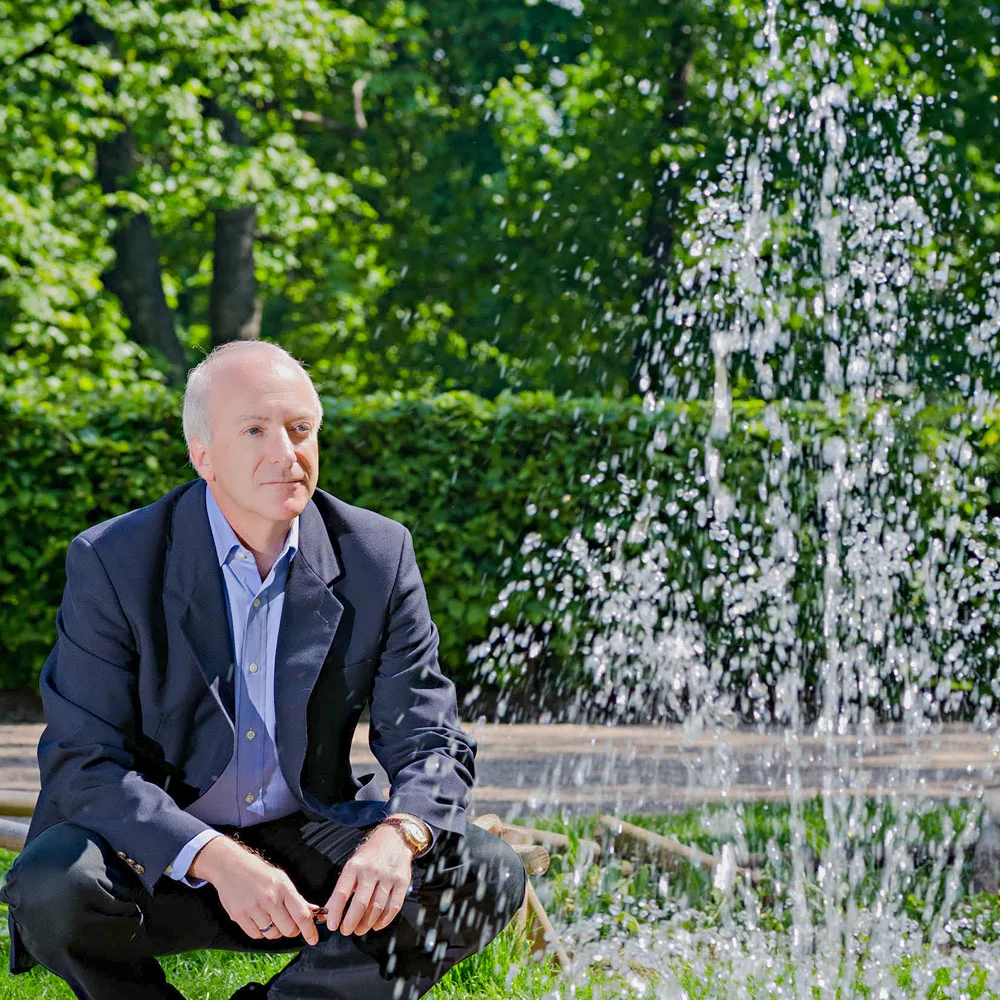
Richard Blackford - ‘Pieta’ and other of his choral works: A Composer’s Journey
Gavin Carr
“Richard Blackford has not enjoyed the acclaim that his passionate yet intellectually cogent music deserves” – so said Times critic Richard Morrison in his review of the London premiere of Pietà in November 2019. While it may be true that Blackford’s name is not yet recognised to the same degree as MacMillan or Chilcott, any composer whose resumé over the last couple of years includes major premieres at the Proms, for the Czech Philharmonic Orchestra, winning an Ivor Novello Award for Pietà must surely be counted in the Premier League of contemporary British composers.
Blackford’s choral music is both highly approachable and intellectually intricate; he strenuously avoids ‘writing down’ for his amateur performers, whilst being highly sensitive to the particular qualities of the commissioning organisations, whether they be major Symphony Choruses with international reputations or more local choirs. He has always been keen to ‘be useful’ as a composer – a phrase made popular by Britten, a clear model for his own brand of user-friendly modernism. Engagement, communication and celebration of music-making are at the heart of Blackford’s approach to choral music. Yet he is clearly wary of the facile and banal – his music could not have been written 70 years ago
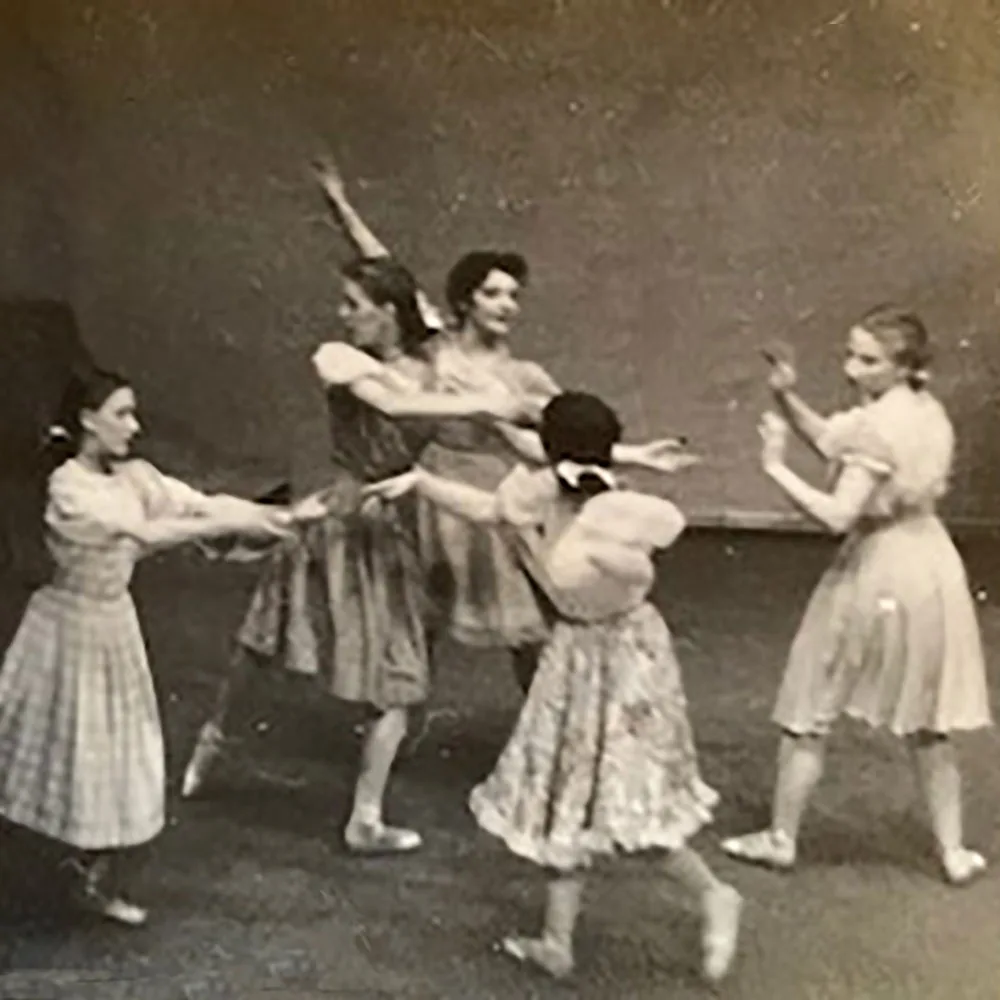
John Locke: a case for rediscovery?
Elizabeth Manning
Why do composers (or writers, artists and others involved in the creative arts, not to mention those who perform them) become neglected, and what brings about their revival? I have spoken to composers, academics, performers, publishers, an orchestral manager, and a festival director as part of my preparation for this article, and they agree that there are no easy answers.
The neglect of composers is self-evident. Even towering influence of J.S.Bach was checked by the comment, ‘Gentlemen, old Bach is here’, allegedly made by King Frederick the Great of Prussia on the composer’s arrival at Potsdam in 1747. Despite the appreciation and respect implicit in the King’s announcement, the Baroque was giving way to the Enlightenment, and Bach was no longer ‘relevant’. However, it is not as straightforward as this. In the case of Bach, the old may have given way to the new, and yet Mendelssohn’s famous revival in 1829 of the St Matthew Passion after a fallow period of about 80 years was an early example of the forgotten being rediscovered.
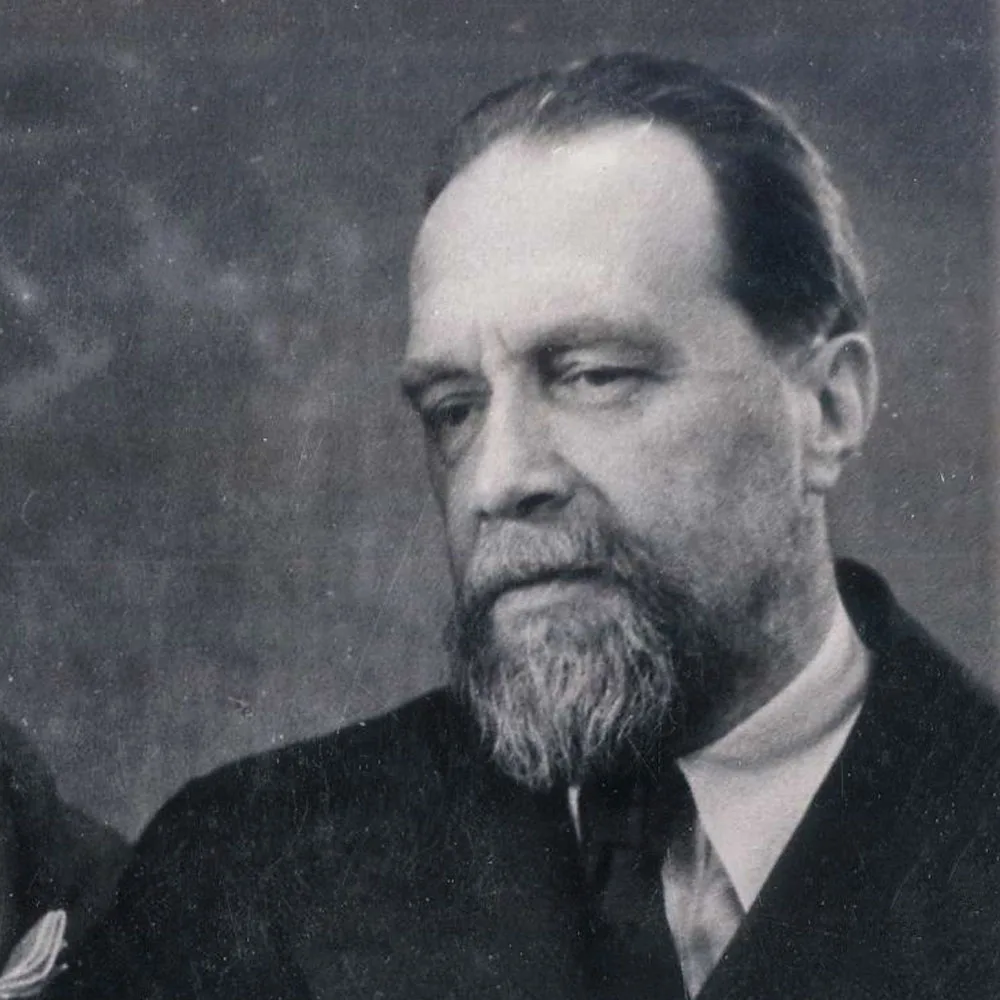
The Myaskovsky Dialogues – Yekaterinburg March 2021
Gregor Tassie
This year marks the 140th birth anniversary of the Russian composer Nikolay Myaskovsky, and much to their credit, the city of Yekaterinburg in the Urals celebrated his legacy in Russian music. Myaskovsky wrote 27 symphonies, 13 string quartets, 9 piano sonatas, two concertos, each for violin, and cello, and two cello sonatas, a violin sonata, plus 150 songs. Myaskovsky taught three generations of composers including 81 of the country’s finest composers. A unique aspect of his teaching at the Moscow Conservatoire was encouraging students to find their own voice, and avoid copying styles.
It is still rare to hear his music in the concert hall, Gergiev, Petrenko, Jurowski, Jarvi have performed and recorded his music, but this Festival devoted to Myaskovsky is the first to celebrate his music. The city of Ekaterinburg has a music conservatoire (named after Musorgsky), a first class opera and ballet theatre, two professional and youth symphony orchestras. The city is in the process of building a ‘state of the art’ concert hall designed by the British/Iraqi architect firm Zaha Hadid. It was scheduled to be ready in 2023, however, it has been delayed because of the pandemic, but certainly, this project with its two concert halls will place the city among Russia’s top music centres.
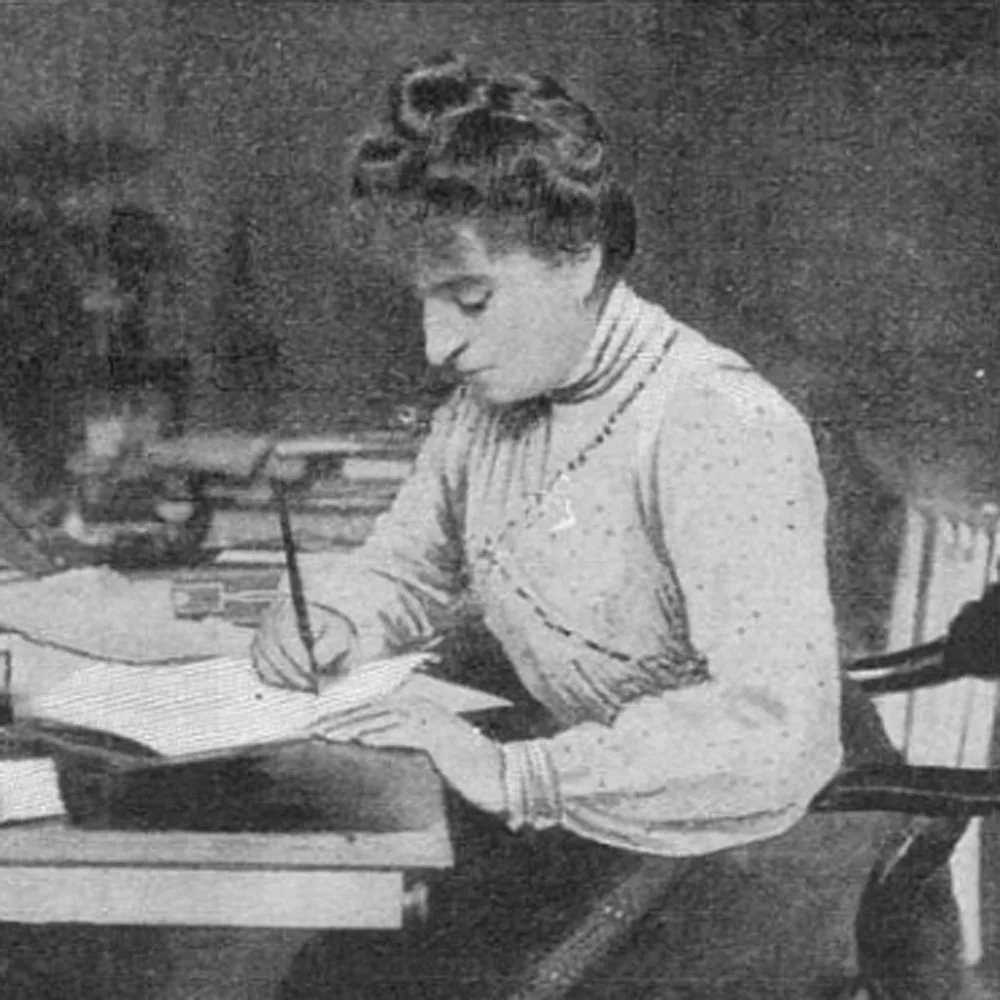
Dora Estella Bright - Composer and Pianist
Anthony Bilton
Dora Bright, a ‘Sheffield Lady Musician’ as reported by the Sheffield Daily Telegraph, 12th February 1889, was a highly-regarded and important part of the English music scene from the 1880s through to the late 1930s. Critics reported her as ‘one of the finest piano players of her time’, and throughout her career she was well reviewed and her music well received, being ‘noted above all for grace and charm’.
The Bright’s arrived in Sheffield in around 1786, when her great-grandfather moved from south-west France to work in the newly establishing steel industry. Grandfather, Uncles and Father all prospered as jewellers, silversmiths and cutlers. Her uncle Horatio amassed a fortune, which on his death was distributed to charities across England. All were musical, her cousin Maurice De Lara Bright being an accomplished musician and composer of military band music, with one of his works being accepted by the French Military and published in France. The published work was ornamented with the French Crown and Eagle, and pictures of the Emperor Napoléon and Empress Eugene.

